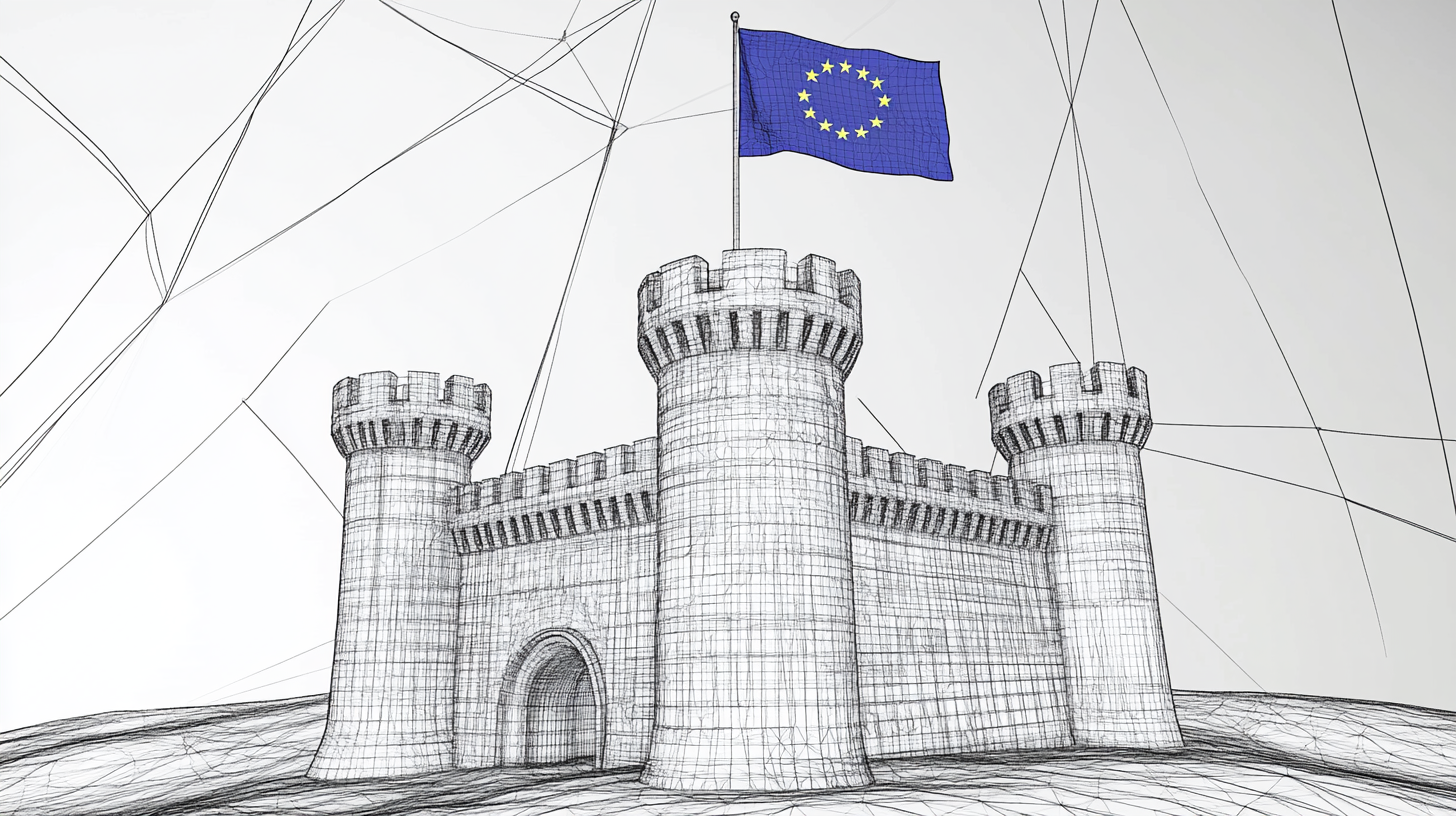Meta and Spotify CEOs slam EU's AI rules, warning they will hold back open-source innovation

Key Points
- Writing in The Economist, Mark Zuckerberg of Meta and Daniel Ek of Spotify slammed the EU's open-source AI regulations as too complex. They argue that these regulations stifle innovation and slow down developers in Europe.
- The tech leaders want simpler, unified EU rules. They believe this would help European companies adopt open-source AI and counter the dominance of a few big tech firms.
- While the EU AI Act offers some exemptions for open-source AI, Zuckerberg and Ek may want to avoid sharing their own training data. This could allow them to leverage open-source development without full transparency, while strengthening their own AI ecosystem.
Meta CEO Mark Zuckerberg and Spotify CEO Daniel Ek have criticized the European Union's AI regulations, saying they hamper open-source AI development in Europe.
In an opinion piece for The Economist, the tech leaders argue that the EU's complicated rules are holding back innovation and developers. Zuckerberg and Ek want simpler, more unified EU regulations. They believe Europe should leverage "the benefits of a single yet diverse market."
The CEOs see open-source AI as an opportunity for European organizations to adopt new technologies and create a counterweight to AI development dominated by a few large companies. They emphasize that open-source AI creates a level playing field and urge the EU not to limit its potential.
"On its current course, Europe will miss this once-in-a-generation opportunity," Zuckerberg and Ek write, concluding that "Europe needs a new approach with clearer policies and more consistent enforcement."
Behind the criticism
The EU AI Act does provide some exemptions for open-source AI systems, but only under specific conditions. The Center for Data Innovation notes that these exemptions don't apply to companies that profit from their open-source products. Additionally, open-source models deemed systemic risks must still provide technical documentation.
The AI Act doesn't strongly promote dataset transparency in open-source AI. While information about training data must be sent to the AI Office, it isn't made public. Open-source AI systems are mostly exempt from this requirement.
Beyond cutting red tape, Zuckerberg and Ek may want to avoid disclosing their own training data. The proposed rules would let them enjoy the benefits of open-source development without ensuring full transparency. Meta also tried and failed to collect European user data for AI training without explicit consent.
To be fair, Zuckerberg and Ek aren't alone in criticizing the EU AI Act's complicated rules. It remains to be seen how the regulations will play out in practice.
Zuckerberg also has strategic goals for open-source AI. In a recent podcast, he said he'd be willing to release even a $10 billion AI model as open source if it's safe and beneficial for everyone. He sees this as a way to avoid dependence on a few companies as gatekeepers, while improving Meta's own models. Meta's ultimate goal is to create an AI operating system for the AI age, similar to what Google has done with Android for smartphones.
AI News Without the Hype – Curated by Humans
As a THE DECODER subscriber, you get ad-free reading, our weekly AI newsletter, the exclusive "AI Radar" Frontier Report 6× per year, access to comments, and our complete archive.
Subscribe now